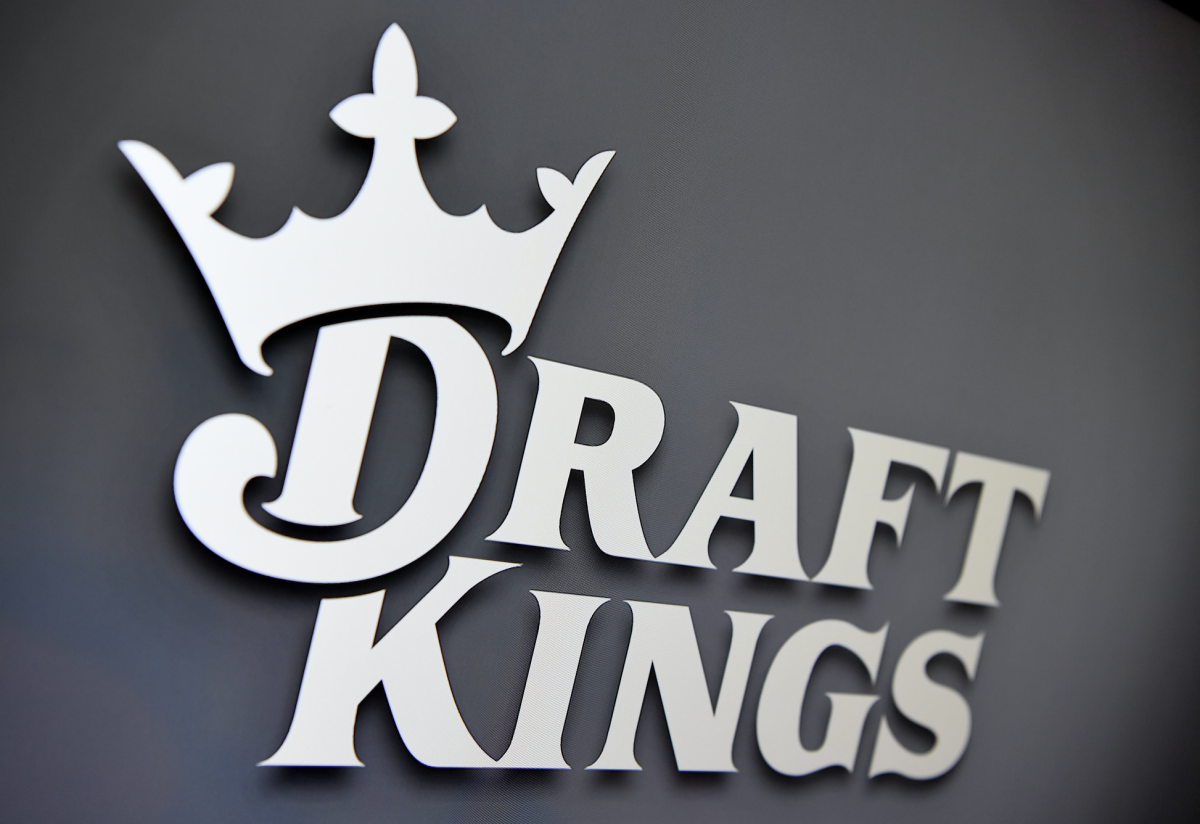
Georgia Senate Votes Down Sports Betting Bill
The Georgia Senate voted down a bill that would have opened the door to sports betting in the state.
Senate Bill 57, the Georgia Sports Betting Integrity Act, would have allowed the Georgia Lottery Commission to regulate sports betting, including on horse racing, but it would not have allowed casinos or parimutuel wagering.
“Right now, the lottery prohibits parimutuel betting and prohibits casinos. It does not prohibit the fixed-odds betting. …So sports betting is deemed a lottery game. Let me say that again: Sports betting is deemed a lottery game,” state Sen. Billy Hickman, R-Statesboro, said on the Senate floor before the vote.
Hickman said estimates indicated that legalizing sports betting could generate $250 million to $300 million for the state’s HOPE Scholarship.
“Senate Bill 57 creates jobs. When you just bet on sports on your phone, there’s basically no jobs being created. … Senate Bill 57, because of the potential three racetracks in Georgia, will create … up to 8,500 jobs,” Hickman said.
“…Horse racing is legal in Georgia. There’s many, many tracks already, but this allows it to have regulations around it, put our arms around it, and it allows the Georgia Lottery to create a gaming commission, which will regulate the industry and protect horses in Georgia,” Hickman added.
Senators voted 37-19 against the measure. Opponents of the measure said it would lead to more problems, including gambling addiction.
“I believe that gambling is bad for Georgia. It’s bad for families. It’s bad for children. It’s bad for business, and it’s just plain bad. It goes against wisdom, justice, moderation and courage and the principles that we pledge to on a regular, every morning basis, and I believe it’s not good for the citizens of Georgia,” state Sen. Marty Harbin, R-Tyrone, said on the Senate floor before the vote.










